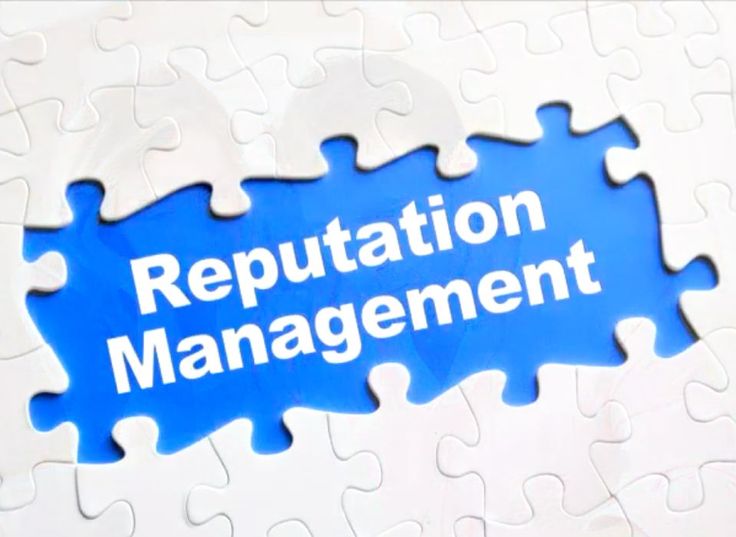A few days ago I was reading a David Meerman post about the secret to getting 50,000 followers on Twitter. Aside from all the data and strategies he gave on how to get it, the idea of his post (or at least the one I interpret) was clear and simple: to do things right.
 All of this comes from what we are experiencing lately in relation to the so-called “Online Reputation” and what it is generating, but does it really exist? And if it exists, what is it?
All of this comes from what we are experiencing lately in relation to the so-called “Online Reputation” and what it is generating, but does it really exist? And if it exists, what is it?
If we take the definition of Wikipedia on this concept what we find is this:
“Online reputation is the reflection of prestige or esteem of a person or brand on the Internet. Unlike the brand, which can be generated through advertising media, reputation is not under the absolute control of the subject or organization, but also ‘made’ by other people when they talk and contribute their opinions. This is especially important on the Internet, where it is very easy and cheap to send information and opinions through mechanisms such as forums, blogs or social networks. This phenomenon of amateurisation of content is what we know as ‘user generated content’.
Well, ignoring the medium, the Internet, and keeping the core of the message, “other people make it when they talk and give opinions”.
The key concept is “Opinions”, but “Opinions” about what, or about what? Very simple, everything. We as users, we can buy online or offline, but apart from the simple fact of the purchase, there are many interactions we have a brand, and if not, let’s begin to list some:
- Customer Service, both to solve doubts or problems to sign up or down.
- Experience in the Point of Sale with the staff of the store, with the quality, quantity or variety of products exposed.
- Price Policy, especially in the competitive environment in which we move.
- Access to the product or service through the manufacturer’s distribution channels.
- Response time, loyalty, Communication Channels?
How many more do we come up with? Infinite, right?
The only thing that has changed in these years is the speaker. Where what was previously the conversation between neighbors at the doors of the houses or when our parents were on the phone to comment on their experiences, has been replaced by what we call “Environment 2.0”, but the content of those comments remains the same : our total experience with the brand.
This experience, as we have seen, is not unique and exclusively online, but is even 5% in most cases; So, why do we insist that Online Reputation measurements need only be parameterized in “Online” criteria? Should we not be able to interpret all this flow of opinions and extrapolate them to business criteria that affect all the lines of action of companies?
What’s more, should not we take advantage of all this information to provide better service, better customer service and align our company’s resources with what the customer is demanding, regardless of whether they are online, offline or mixed?
Sometimes we get carried away by new terms, new concepts that generate more noise than business, we try to measure new things without looking for their direct relationship with the business and the result is always the same: insufficient results for our goal.
In short, Online Reputation is nothing more than a reflection of what we previously obtained from surveys, qualitative interviews and the whole pool of market research strategies.
Now, with the growth of Social Networks and Environment 2.0, we call it Online Reputation, but basically, everything is translated into the same maxim as always: doing things well and not just look like?
And doing well, the comments (and Reputation) will be what we want.